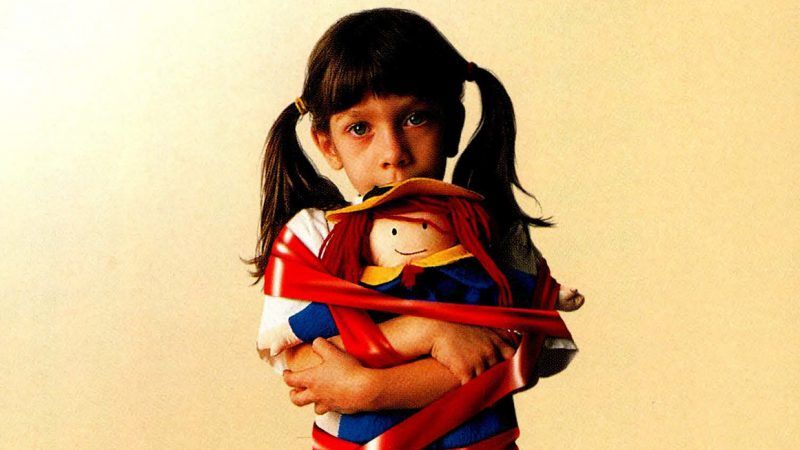From the Archives: November 2019
Excerpts from Reason's vaults

15 Years Ago
November 2004
"Voting for president is a lot like sex—and not just because it takes place every four years in the solitude of a semi-private booth. Both are intensely personal activities that nonetheless can have profound public consequences. We might add that both often involve drug-and-alcohol-fueled delusions and morning-after feelings of guilt, shame, and recrimination."
The Editors
"Who's Getting Your Vote?"
"The answer proposed by John Kerry and John Edwards is to continue the creeping socialization of medicine that Americans have been experiencing since the 1960s. That course would mean the end of private health care in the U.S., and with it the unparalleled medical progress that has benefited patients in this country and throughout the world. It would have a disastrous impact on medical innovation and the quality of care."
Ronald Bailey
"Mandatory Health Insurance Now!"
"The current state of copyright law is many things; balanced, though, it is not. 'Swollen to gargantuan proportions' is closer to it. Copyright began as a scheme for regulating a small corner of the universe of creative activity. The first Copyright Act, [Lawrence] Lessig explains, protected only 'books, maps and charts' (intentionally excluding songs, paintings, dramatic performances, speeches, newspaper articles, and so on); it protected them only against duplication in the same medium (intentionally excluding translations, dramatizations, adaptations, and the like); and it did so for no more than 14 years. Copyright has morphed into a system under which virtually all creative output is subject to rights that are virtually unlimited in scope and virtually perpetual in duration."
David Post
"Free Culture vs. Big Media"
20 Years Ago
November 1999
"Ben has completed more than 500 adoptions, and when we hired him he seemed to think our case was straightforward: There were no parental rights to sever, we had the consent of the child's guardian, and no one was contesting the adoption. I was an editor with a respectable magazine, and my wife was studying to be a rabbi. We had laudatory references and one favorable report after another. Yet it took more than two years from the day Francine came to live with us until she was officially our daughter."
Jacob Sullum
"Adoption Pains"
"Actually, if [Al] Gore follows through on his promise to treat guns like cars, he will oversee the most massive decontrol of firearms in America since 1868, when the 14th Amendment abolished the Southern states' Black Codes, which prevented freedmen from owning guns. Although anti-gun lobbyists who use the car analogy are pushing for additional controls, laws that really did treat guns like cars would be much less restrictive, on the whole, than what we have now."
David Kopel
"Taking It to the Streets"
35 Years Ago
November 1984
"If the 'Nobody for President' movement has not overtaken the American presidential parade, our politics are plainly inexplicable. Can statistical coincidence be blamed for the collection of nobodies spun upon the 1984 political stage? Ours is a system that prefers to divert its buffooneries to the public arena, where they may be closely watched, and so at least provide quadrennial entertainment in the form of primaries, conventions, and campaigns."
Thomas W. Hazlett
"Convention Comedy"
50 Years Ago
November 1969
"The essential difference between human and animal, between man and beast is man's capacity for rational thought. When one says of a person that he acts like a beast, rationally one means that that person acts outside the limits reason and self-interest would sanction; that he is acting against his nature as a rational being. The specific action we see as irrelevant, for under differing circumstances the same action can be rational or irrational. What is of concern is the quality of the mental operations of the person in question. In the case of the policeman beating the kid, the policeman's motivation could be either rational or irrational, the effects of his action either just or unjust, his actions befitting of either man or beast. We don't know. And neither do the debaters, despite their assertions to the contrary."
Lanny Friedlander
"The Cops: Heroes or Villains?"


Show Comments (3)